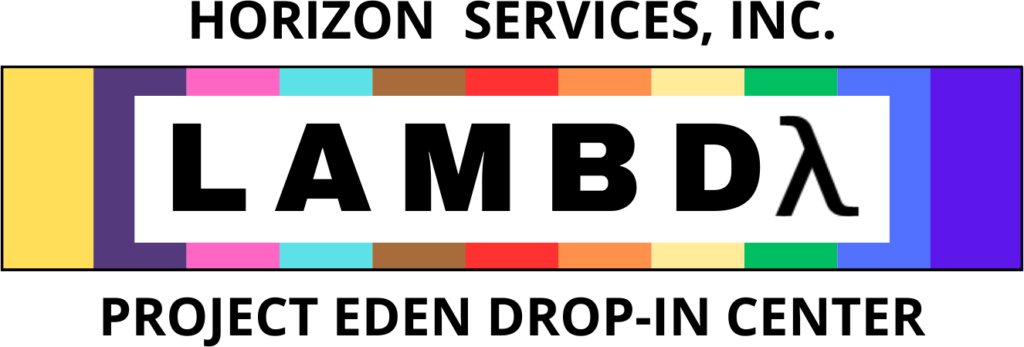What is a detoxification program? Detoxification programs aim to rid the body of drugs or other substances. These programs involve a range of different treatment methods. These may include medical supervision, counseling, and support groups.
Detox is typically the first step in the recovery process. They help individuals manage withdrawal symptoms and begin the healing process.

Why Is Detox Important?
What is a detoxification program and why is it important? Detox programs help individuals manage withdrawal symptoms. These can be uncomfortable, painful, and even life-threatening in some cases. Detox can help individuals avoid relapse and stay on track toward recovery.1
Detox programs can also help individuals address the underlying issues that may have led to substance use disorder in the first place.
These may include trauma, mental health issues, or social pressures. By addressing these issues, individuals can develop coping mechanisms and strategies that will help them maintain sobriety in the long term.
Benefits of a Detoxification Program
What is a detoxification program and its benefits? Detox programs can provide medical supervision and support. This may also include access to medication-assisted treatment (MAT).
This is where individuals are given medication to help manage withdrawal symptoms and reduce cravings. MAT is typically used for opioid and alcohol withdrawal.2
Provides Support
Detox programs provide support to address the underlying issues that contributed to the substance use disorder. This can involve varying types of counseling depending on the individual’s needs and symptoms.
Counseling helps teach coping mechanisms and strategies that will help individuals maintain sobriety and prevent relapse in the long term.
Removing Outside Influences
Detox programs also provide a safe and supportive environment to focus on recovery without distractions. This can help individuals develop healthy habits to support their long-term recovery.
These programs can also provide a range of resources and support services that may not be available outside of the program. This can include counseling, support groups, and medical supervision.
Dangers of At-Home Detox
It’s important to note that at-home detox can be dangerous. This is especially true for individuals who are dealing with severe addiction or dependence. Meeting with a medical professional for detox is much safer for overall health and recovery.
Withdrawal Symptoms
Withdrawal symptoms can be unpredictable. They can vary depending on the substance and the individual’s medical history. Without medical supervision, individuals may not have access to the resources they need to manage these symptoms.3
At-home detox may also not address the underlying issues that contributed to substance use. Without addressing these issues, individuals may be more likely to relapse once they complete detox.
Treatments Used in Detoxification Programs
What is a detoxification program? What kind of treatment methods are used in detox?
The treatments used in detox programs can vary depending on the individual’s needs and the substance being misused. Some common treatment methods are detailed below.4
Medication-Assisted Treatment (MAT)
Medication-assisted treatment involves using medication to help manage withdrawal symptoms and reduce cravings. It is typically used for opioid and alcohol withdrawal.
Horizon Treatment Services provides access to MAT for individuals who need it.
Counseling
This can involve individual counseling, group counseling, or a combination of both. Counseling can help individuals address the underlying issues that contributed to substance use disorder.
Support Groups
These groups provide connections with others who are going through similar experiences. Support groups can be especially helpful for individuals who may feel isolated or alone in their recovery journey.
Other Available Resources
Detox programs may offer a range of other resources and support services. These can include:
- Nutrition and wellness services: Detox programs may provide individuals with healthy meals and nutrition counseling.
- Exercise and physical activity: Many detox programs offer opportunities for exercise and physical activity, which can help individuals manage stress, improve mood, and support their health.
- Alternative therapies: Detox programs may also offer alternative therapies such as yoga, meditation, or acupuncture to support individuals’ mental and physical well-being.
How to Get the Most out of a Detox Program
To get the most out of a detox program, it’s important to be open and honest with the medical staff and counseling professionals. This can involve being upfront about substance use history, mental health issues, and other factors that may be contributing to substance use.
What is a Detoxification Program?: Aftercare and Support
What is a detoxification program aftercare treatment? Individuals should consider aftercare and added support following the completion of a detox program. Detox is just the first step in the recovery journey. Ongoing support is critical for maintaining sobriety and preventing relapse.5
Aftercare and added support can take many forms, such as:
Inpatient Residential Programs
Post-detox, many individuals opt for inpatient residential programs. These are intensive treatment settings where individuals stay on-site for an extended period, typically ranging from several weeks to several months.
These programs provide a structured and supportive environment, offering a combination of therapeutic interventions, counseling, and education to address the complex physical, psychological, and social aspects of addiction.
By immersing individuals in a controlled and drug-free environment, inpatient residential programs aim to facilitate the early stages of recovery, equip participants with coping skills, and foster a strong foundation for sustained sobriety.
Outpatient Programs
This involves continuing individual or group counseling sessions after completing detox. Outpatient programs can help individuals continue to address the underlying issues that may have contributed to substance use. It can also develop coping mechanisms and strategies for maintaining sobriety.
Support Groups
Many individuals find ongoing help through support groups. These include groups like Alcoholics Anonymous or Narcotics Anonymous. They provide connections with others going through similar experiences.
Sober Living Homes
Sober living homes provide a structured environment where individuals can continue to focus on their recovery. These homes often have strict rules around substance use. They may require individuals to take part in counseling and support groups as well.
Continued Medical Supervision
Severe addiction or dependence may require ongoing medical supervision and monitoring. This can involve regular check-ins with a healthcare provider and medication management.
Other Support Services
Depending on the individual’s needs, other supportive services may be recommended. These include financial counseling, legal help, or vocational training.

Detoxification Programs at Horizon Treatment Services
If you or someone you know is researching “what is a detoxification program,” know you are not alone. Horizon Treatment Services is here to help you get the help you need to achieve long-term sobriety.
About Us
At Horizon Treatment Services, we provide addiction and mental health support for Alameda, San Mateo, and Santa Clara counties. This includes detoxification, residential, outpatient, sober living, and community support services.
Our team of compassionate professionals is here to help create a treatment plan that is tailored to your needs. We provide a range of treatment options to best help all our clients on their individual journeys to recovery.
At Cherry Hill Detox and Palm Avenue, we can help you start your detox journey and heal from substance use.
Contact Horizon Treatment Services Today
What is a detoxification program? Horizon Treatment Services has the answers and support you need. Reach out to us today for more information about detox programs and our available treatment options.








